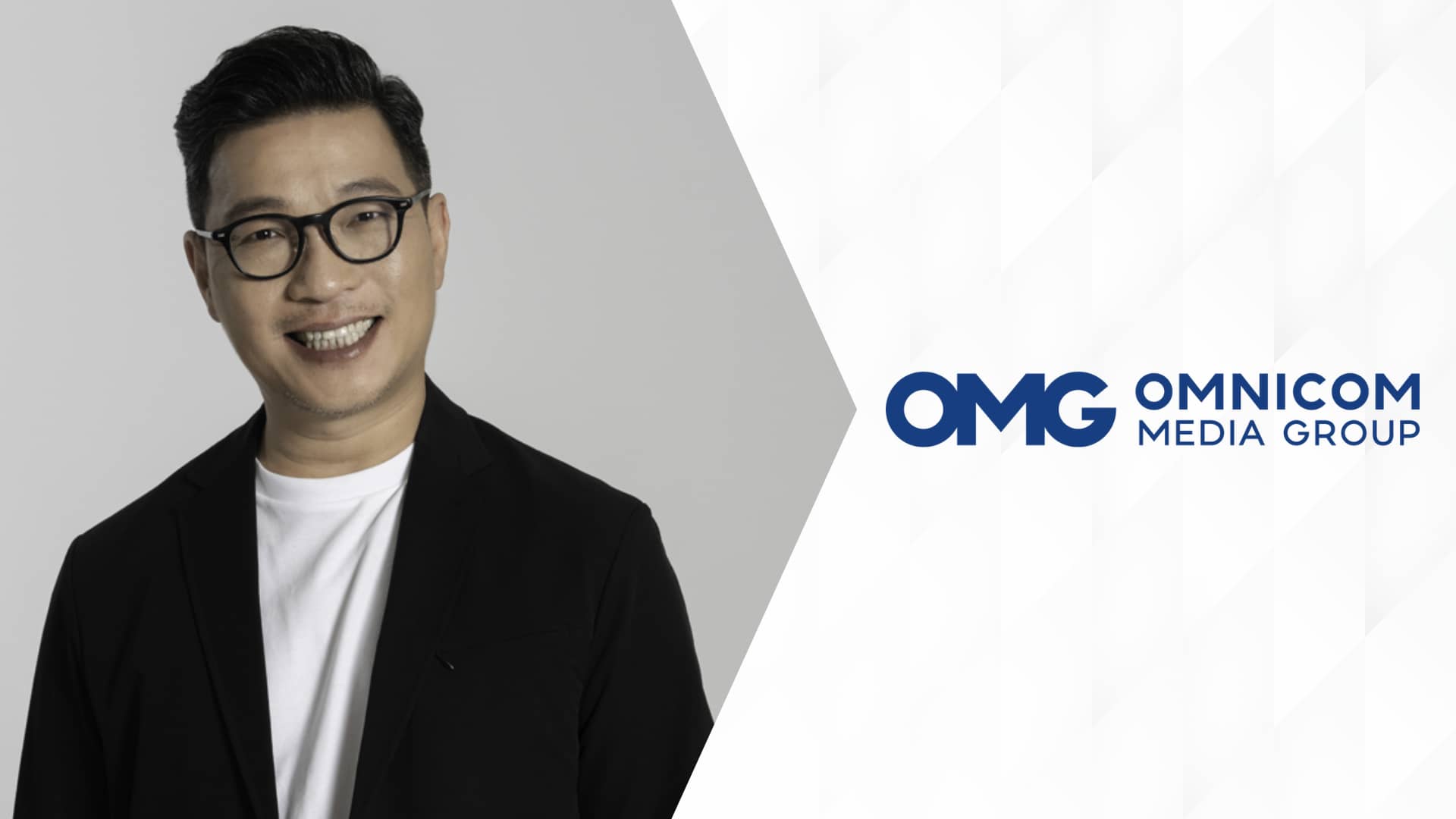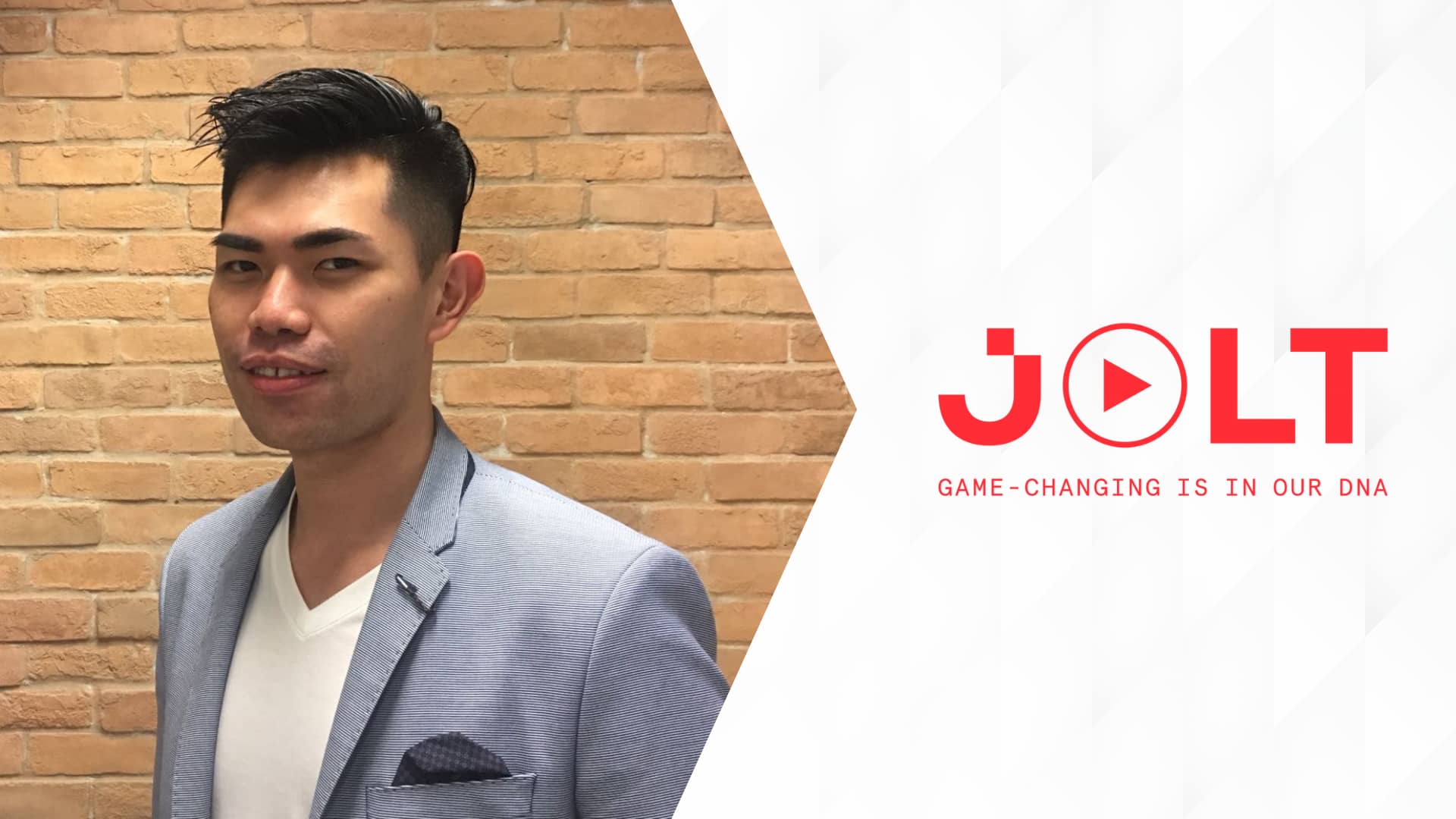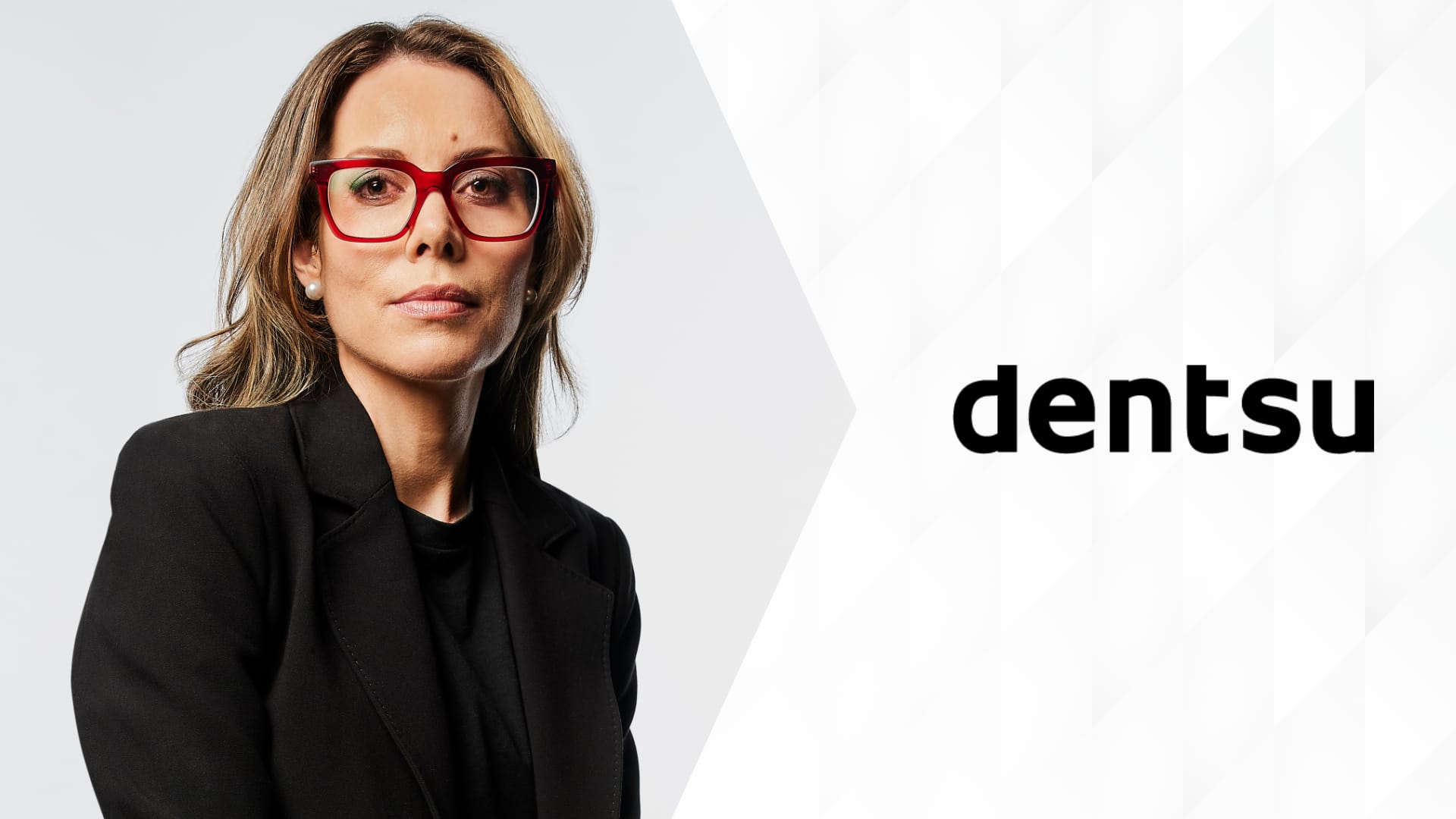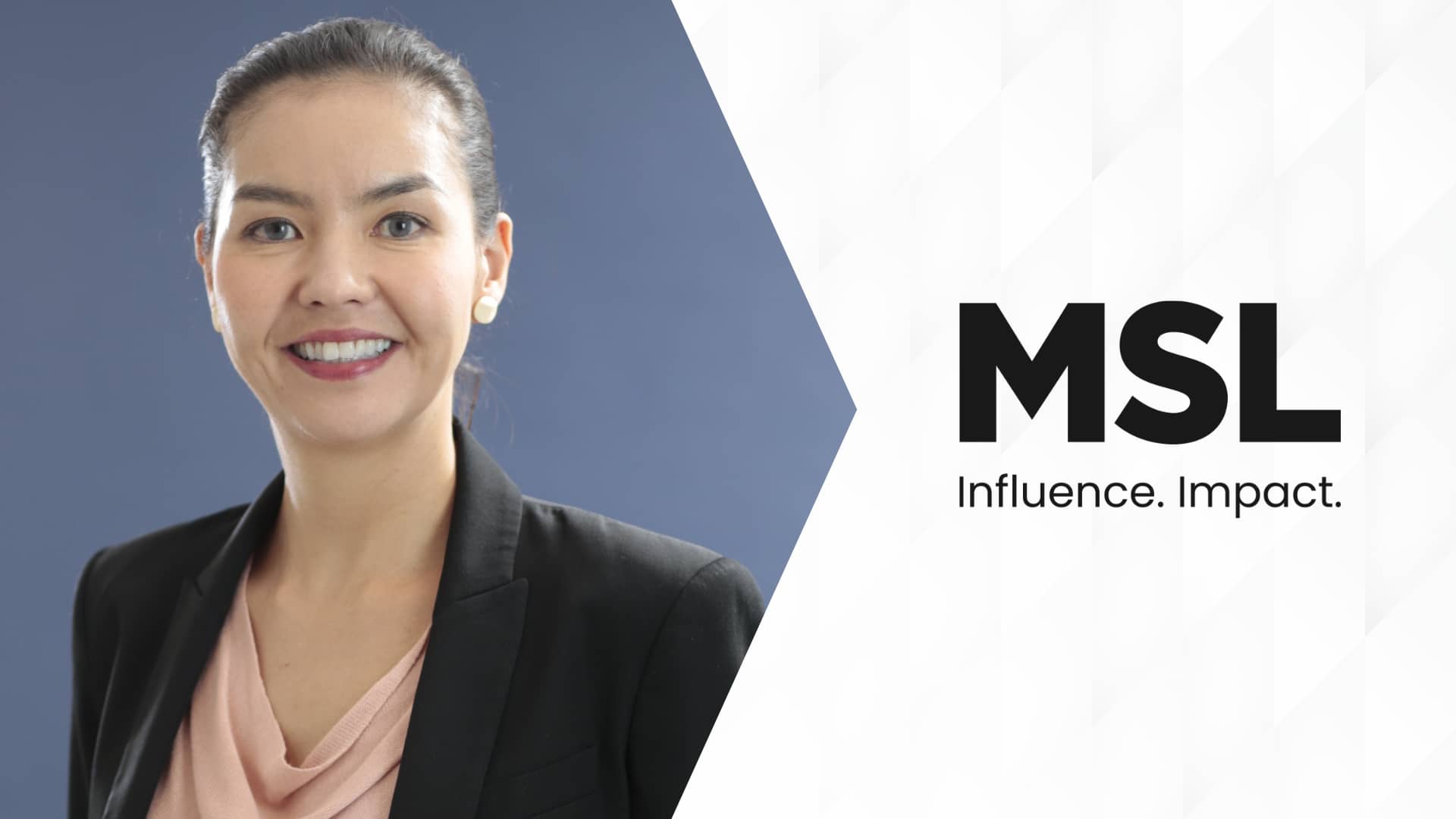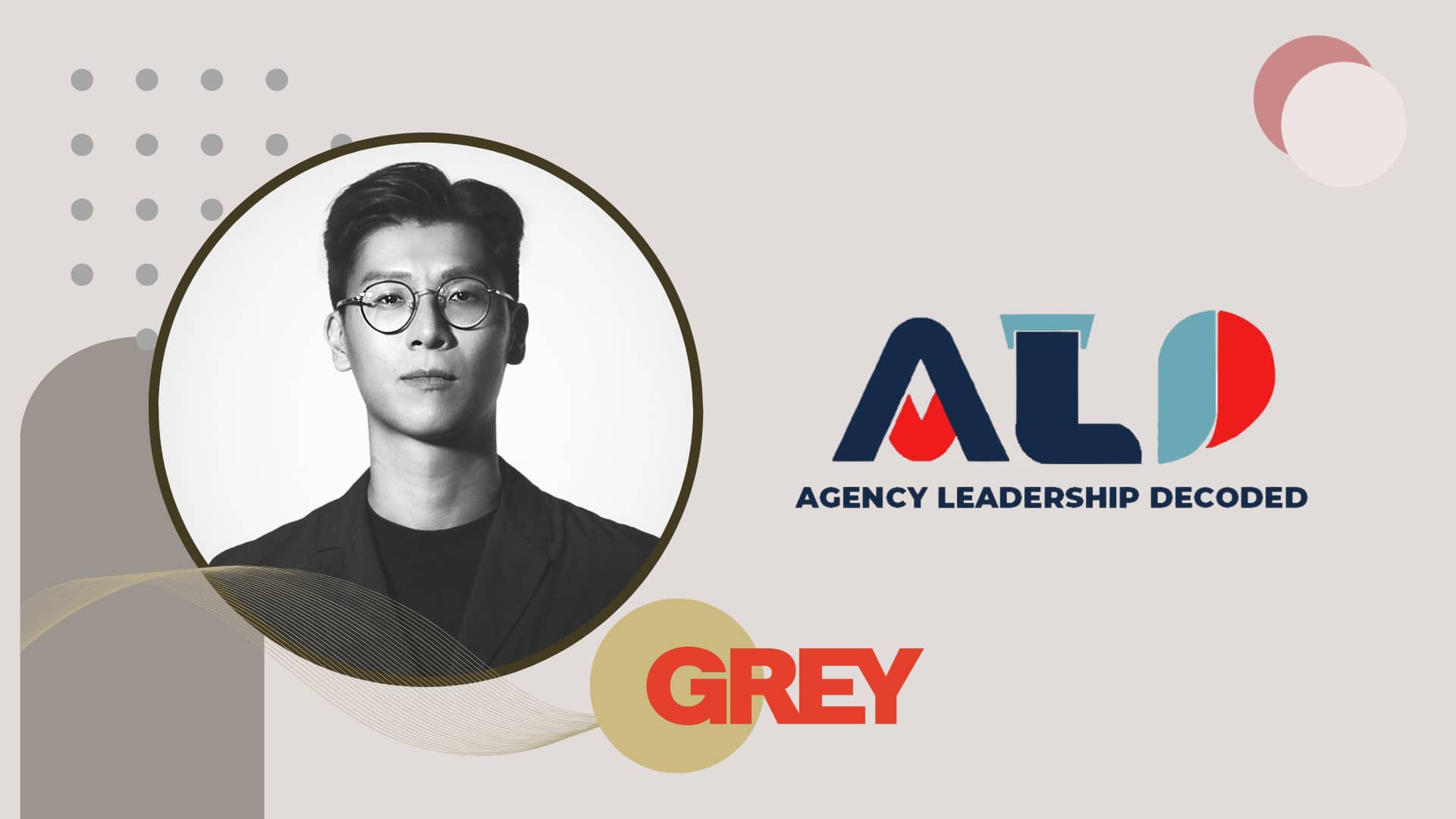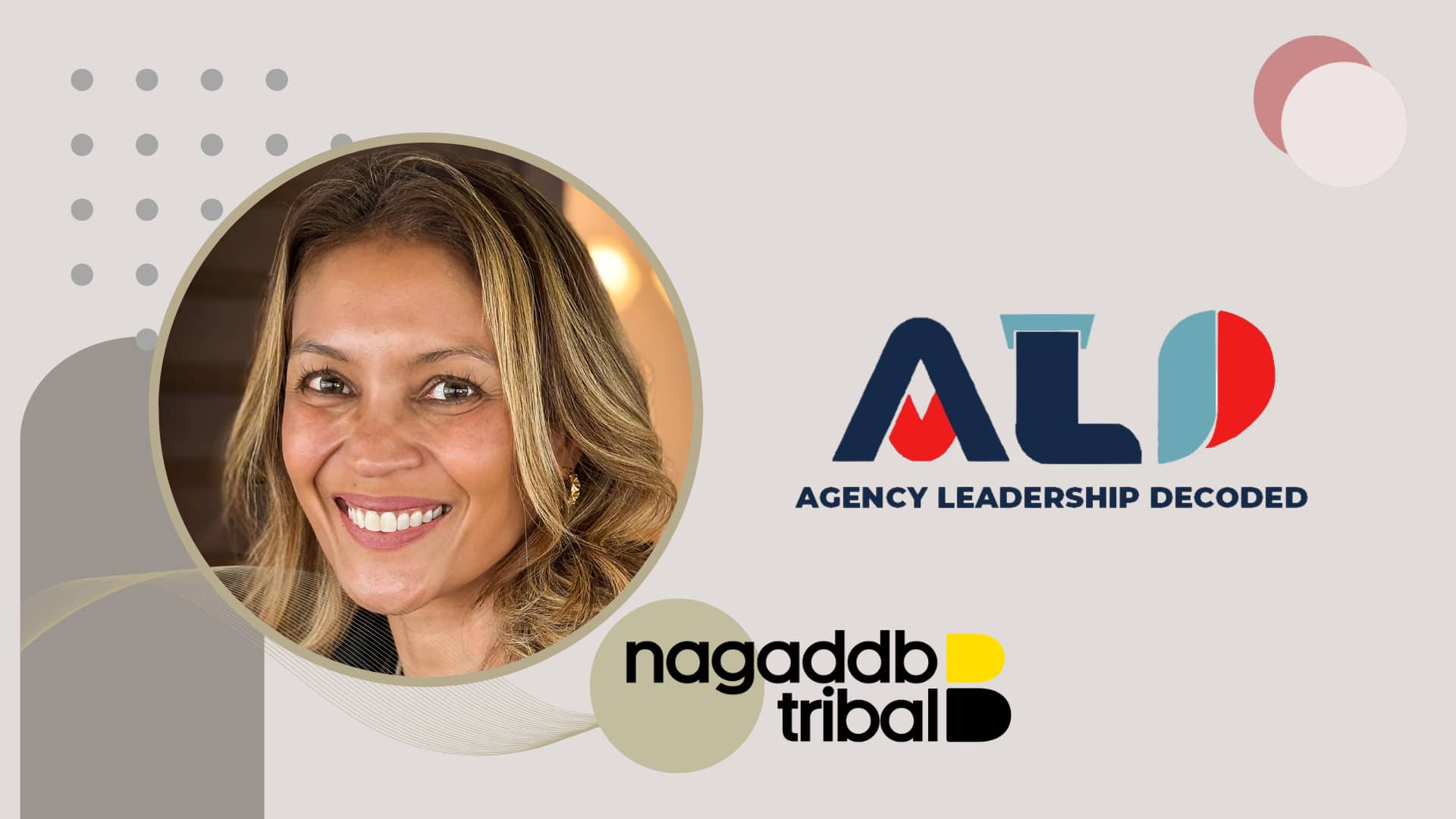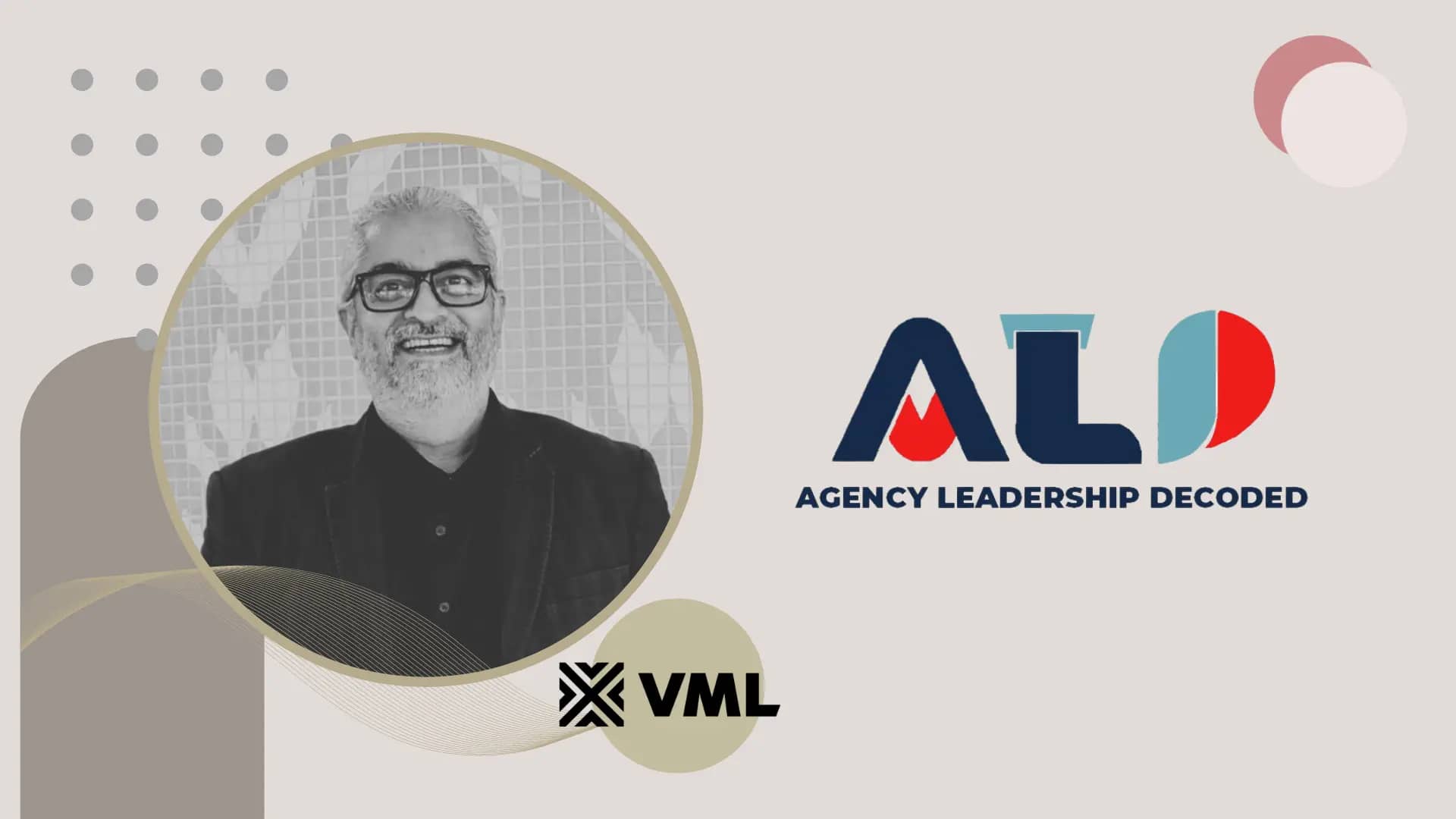As part of the Omnicom network, Omnicom Media Group (OMG) Hong Kong plays a key role in delivering end-to-end transformational experiences rooted in data, content, and integrated planning, powered by the Omni open operating system. In a fast-moving and competitive market like Hong Kong, OMG continuously adapts by balancing global expertise with local understanding while staying ahead of shifting consumer behaviours and expectations.
But what does it take to lead an agency holding company to success? And how does an executive’s leadership philosophy shape the culture, client partnerships, and long-term business direction?
To explore these questions, we sat down with Derek Yip, chief operating officer of Omnicom Media Group Hong Kong, for our latest Agency Leadership Decoded interview. In this piece, he shares his leadership approach, insights on navigating the Hong Kong media landscape, and the strategies OMG Hong Kong is adopting to stay ahead of the curve.
Empowering leadership for strategic growth
Derek has been with OMG since 2011, beginning his journey as head of buying at OMD Hong Kong. Over the years, he expanded his expertise across investment and trading roles, eventually taking on the role of COO at OMG Hong Kong in 2023.
As a seasoned leader, Derek’s philosophy centres on empowerment, adaptability, and a relentless focus on value creation. This mindset has helped shape a culture at OMG Hong Kong that values collaboration, innovation, and accountability.
Derek cultivates a culture that values experimentation and rewards calculated risks, which is crucial in a dynamic market like Hong Kong.
“I believe that great leaders don’t create followers—they inspire teams to take ownership, think creatively, and act decisively,” he shared.
On the client side, this philosophy translates into building deep, strategic partnerships rather than transactional relationships. Derek emphasised that the goal is to truly understand each client’s business, anticipate their needs, and deliver solutions that create measurable impact.
“That’s why we are not just vertically growing OMG HK’s business, but also expanding our business horizontally to enrich our offerings in the areas of performance, content, influencers, data, and research through our different specialised business units,” he added.
Derek’s people-first, value-driven mindset also steers OMG’s broader strategy. Whether it’s adopting emerging technologies or building omnichannel campaigns, he ensures the teams remain agile and aligned to client goals.
“By empowering our teams and aligning their strengths with our clients’ goals, we ensure OMG Hong Kong remains a leader in delivering transformative media solutions,” he said.
Balancing global excellence with local cultural depth
Leading an international agency holding company in a culturally unique market requires a nuanced balance of global thinking and local depth. For OMG Hong Kong, this is a constant pursuit—and one that Derek is committed to achieving.
“Balancing global best practices with local relevance is a cornerstone of our success,” he explained. “We achieve this through a dual-lens approach: leveraging the scale and insights of our global network while embedding a deep understanding of Hong Kong’s cultural, economic, and consumer nuances into everything we do.”
On a global level, Derek shares how OMG Hong Kong draws on proven frameworks, such as data-driven targeting, omnichannel integration, and emerging technologies like AI and programmatic advertising, to ensure strategies meet international standards of excellence.
At the same time, OMG places strong emphasis on cultural fluency and market intimacy. The teams are actively working on various customised projects to help clients uncover local insights and capture new opportunities.
“For instance, our Hong Kong video landscape study, which analyses video viewing habits in Hong Kong, has enabled our clients to understand and contextualise shifts in viewer behaviours,” Derek noted.
“Additionally, our customised AI social listening solution empowers clients to process vast amounts of data, resulting in actionable insights that reflect local customer sentiments, thus helping them prioritise their media buys to reach particular demographics. Furthermore, our recent ‘New Hong Kongers’ research assists clients in uncovering new market opportunities. By combining global rigour with local insights, we deliver work that is both world-class and distinctly reflective of Hong Kong,” he further explained.
Agility by design with impact at speed
At OMG Hong Kong, agility—both in mindset and operations—is deeply embedded in the agency holding company’s DNA, a quality Derek sees as vital to thriving in the city’s fast-paced environment. He shared how this agile approach plays out across three key areas of the business.
“For decision-making, we utilise our proprietary tools, such as the Omni open operating system, to analyse media data and empower our teams to respond swiftly,” he said.
When it comes to talent, Derek believes continuous learning and adaptability are foundational.
“Our people are our greatest asset, so we invest in upskilling programmes that cover key topics from presentation to management skillsets. This ensures our teams can respond to evolving demands,” he continued.
As for campaign execution, Derek highlighted OMG’s test-and-learn mindset—launching minimum viable campaigns to gather insights quickly, then scaling what works.
“This keeps us nimble, ensuring we meet client deadlines and exceed consumer expectations in a market that never slows down,” he added.
Navigating tomorrow’s landscape
As the team goes full steam ahead in the second quarter of 2025, Derek sees three major trends that are shaping agencies’ strategies in Hong Kong: AI-powered personalisation, short-form video, and purpose-led marketing.
He’s confident that OMG Hong Kong is well-positioned to harness these trends for its clients.
“We’re leveraging advanced analytics and machine learning to deliver hyper-targeted campaigns that speak directly to individual preferences, whether through dynamic creative optimisation or tailored e-commerce experiences,” Derek highlighted.
When it comes to short-form video, he shared that OMG Content, Omnicom’s partnership, social, and entertainment division, is focused on producing “snackable, high-impact content that cuts through the noise”—a response to the rising popularity of video formats driven by platforms like Instagram Reels and Xiao Hong Shu, which continue to dominate, particularly among Gen Z and millennials.
Derek also stresses that sustainability is no longer a nice-to-have. Purpose-driven marketing is gaining traction as consumers in Hong Kong demand more from the brands they engage with.
“We have collaborated with our client, L’Oréal, to authentically integrate ESG principles into their narratives using our proprietary tool, OMG Impact. This tool enables us to align client media investments with specific ESG goals, reflecting local values such as community and responsibility,” he explained.
“By staying ahead of these trends, we equip our clients with strategies that are both innovative and impactful,” Derek added.
Thriving in the face of growing competition
When asked about the biggest challenges and opportunities for agencies in Hong Kong, Derek acknowledged the increasingly competitive nature of the marketing landscape. While this presents clear hurdles, he also sees it as a catalyst for game-changing opportunities.
“The biggest challenge for agencies in Hong Kong will be navigating economic uncertainty and intensified competition. With global brands eyeing the Greater Bay Area (GBA) and local players upping their game, differentiation will be tougher than ever,” he noted.
Still, Derek believes that the rise of regional opportunities and emerging technologies paints a promising picture for the future.
“The GBA’s growth offers a chance to scale campaigns regionally, while advancements in tech, like immersive AR/VR experiences or blockchain for transparency, can redefine how we engage audiences,” he explained.
For the next generation of agency leaders, Derek offers practical guidance: “First, master data—it’s the currency of modern marketing, and those who can turn insights into action will win. Second, stay curious and adaptable; the tools and platforms we use today won’t be the same in five years, so embrace change. Finally, focus on purpose—build teams and campaigns that inspire, not just sell.”
As OMG Hong Kong expands its capabilities and embraces innovation, Derek’s leadership ensures the agency isn’t just keeping pace with change but actively shaping what’s next, continuing to transform experiences.

